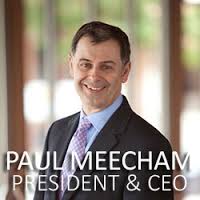It has been confirmed today that 532 will lose their jobs, amounting to 7.4 percent of the workforce.
They include professors, administrators and support staff. The first 209 will be fired arbitrarily next week.
The rector describes it as ‘a huge loss of knowledge and competencies.’
We have not yet heard how the music department will be reduced. Let us know if you are affected.

The irrepressible violinist Patricia Kopatchinskaja has opened a trash bin on her website to deal with bad reviews.
Yes, deal with them.
She responds to factual errors in reviews and rebukes lapses of taste. She demands gently to know who – herself or the reviewer – has spent longer studying the score or living with the composer. She gets personal.
We like that. Read Pat’s trash bin here (in three languages).
More performers should do this.

Slipped Disc’s exclusive list of longest serving orchestral players has finally seen a change at the top.
After four years and dozens of comments and contributions, someone has finally beaten Frances Darger’s 70 years in the violin section of the Utah Symphony.
This week marked the eighty-seventh birthday of Jane Little and her 71st year in the bass section of the Atlanta Symphony Orchestra. She joined from high school in 1945 while the ASO was still a youth orchestra.
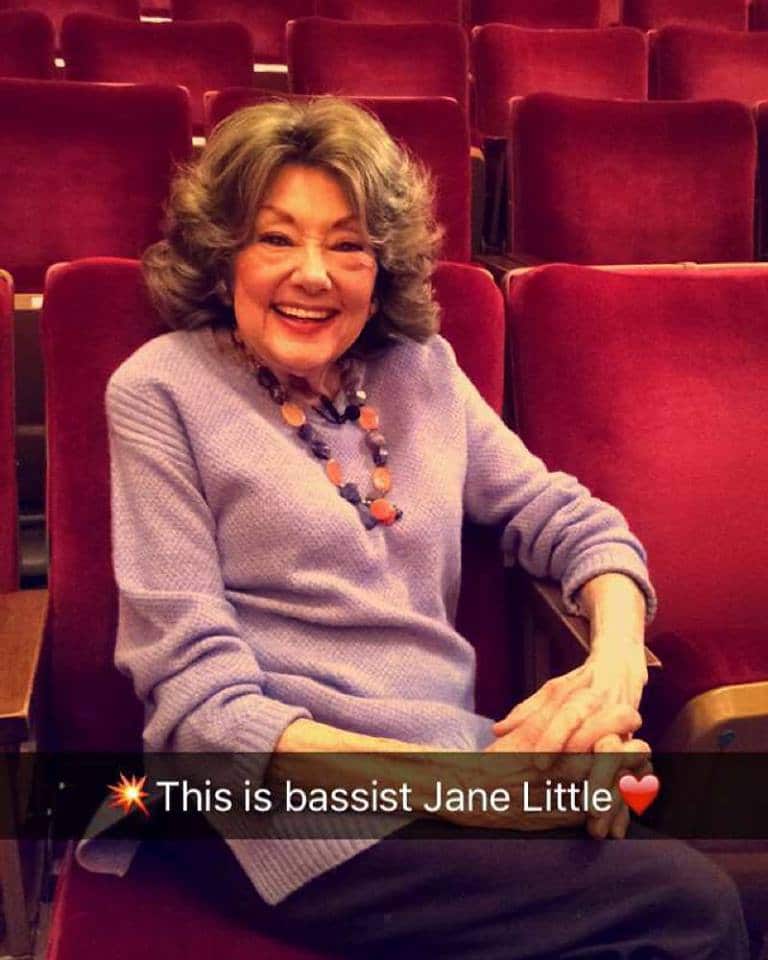
We’ve updated the ultimate list to acknowledge Jane’s remarkable longevity.
The popular British baritone, who has suffered more than a year of ill-health, made a welcome return at Wigmore Hall on Sunday night, without attracting press attention.
From social media responses, it seems to have gone well.
However, Simon has announced his withdrawal from all Munich performances of Un ballo in maschera for the rest of this year.
We wish him a continued recovery.

When we reported yesterday that Bavarian State Opera had sold out the entire run of a new opera two weeks before its world premiere, there were grunts and shrugs of couldn’t-happen-here from most other opera capitals around the world. So what makes Munich audiences so loyal?
Richard Hartmann has some answers for us:
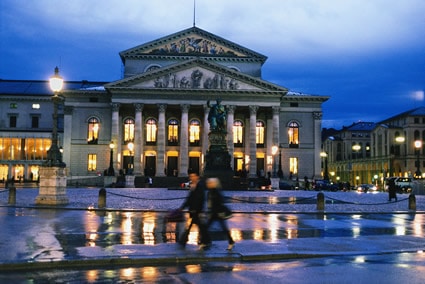
Munich has an opera tradition of over four centuries.
The Nationaltheater, which was one of the first grand opera houses in the world (first construction 1811-1818, reconstructed after burning down between 1823-1825), has seen many world premieres.
“Tristan und Isolde”, “Die Meistersinger von Nürnberg”, “Das Rheingold”, “Die Walküre” by Richard Wagner or “Capriccio” and “Der Friedenstag” by Richard Strauss had their première in Munich.
Great conductors – named “Bavaria General Directors of Music”ensured and ensure ongoing highest quality: Joseph Keilbert, Bruno Walter, Carlos Kleiber, Wolfgang Sawallisch, Zubin Metha, Kent Nagano and Kyrill Petrenko are the names in the Hall of Fame of our Theatre.
The Names of the Managing Directors are equally glamorous: Rudolph Hartmann, Wolfgang Sawallisch, August Everding, Sir Peter Jonas and now Nikolaus Bachler have ensured that the Munich Opera ranks amongst the top 5 Opera houses in the world.
However all of that would not help, if there wasn’t an audience willing to fill the 2.103 seats per performance with an average of 280 performances per year! There are alone 25,000 subscribers who attend 6 performances per year and the waiting list is sometimes up to 5 years.
The Bavarian Education System includes teaching of Music from 1st class. Tradition of making Music at home is still very common. The Hochschule für Musik und Theater and the “August-Everding Theatre Academy” ensure a high quality in education of musicians, singers and artists. In addition to the opera house we have two more opera houses, two orchestras of world reputation (Symphony Orchestra of the Bavarian Radio and Munich Philharmonic), in addition 8 large orchestras of high quality and more than 50 Choir-Associations who regularly perform in other concert halls or churches during high-mass. The international ARD-Musikwettbewerb ranks amongst the highest competitions worldwide amongst young musicians ensuring that young artist have a challenge to perform.
My lengthy explanation just should show the reader that an continuous education can lead to a high level of art supporters on either side: spectators who listen (being gourmets and gourmands) and artists who perform to an well educated audience. The State of Bavaria invests a lot of money to ensure this highest quality of supporting fine arts as part of the Bavarian Constitution.
This is the key to the success of our Opera House and a sold out World Premiere – not only recently, but surely since decades.
A performance of Benjamin Godard’s rarely-revived Dante at Versailles was halted last night after the French soprano Véronique Gens collapsed on stage.
A critic for forumopera.com, Laurent Bury, writes that Véronique, 49, appeared to lose her voice during a climactic aria. She then collapsed onto a desk, her head on her chest. A mezzo-soprano signalled for medical assistance, the performance stopped and the house was cleared.
Bury reports that the cause was a sudden drop in blood pressure.
We wish Véronique a speedy recovery.
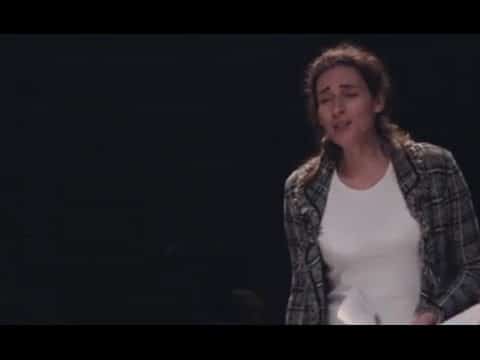
Overnight from the Chicago Symphony:
CHICAGO— CSO Music Director Riccardo Muti is unable to conduct his February concerts in Chicago due to recovery from a hip operation that was needed following a minor accident.
We wish Riccardo a swift recovery.

UPDATE: It appears he suffered a fall at home, in Ravenna.
The most selective college in the United States is Philadelphia’s Curtis Institute of Music, according to StartClass, an education research org.
Curtis admitted just 5.1 percent of applicants in 2014-15 – 14 out of 277 – tying for top place with Stanford.
Juilliard? Way back in 10th place.
Must try harder, New York.

The list of exclusivities:
1. Curtis Institute of Music: 277 applicants, 14 accepted, 5.1 percent acceptance rate
2. Stanford University: 42,167 applicants, 2,145 accepted, 5.1 percent acceptance rate
3. Harvard University: 34,295 applicants, 2,045 accepted, 6 percent acceptance rate
4. Yale University: 30,932 applicants, 1,950 accepted, 6.3 percent acceptance rate
5. Columbia University: 32,967 applicants, 2,291 accepted, 6.9 percent acceptance rate
6. Princeton University: 26,641 applicants, 1,983 accepted, 7.4 percent acceptance rate
7. United States Naval Academy: 17,618 applicants, 1,398 accepted, 7.9 percent acceptance rate
8. Massachusetts Institute of Technology: 18,356 applicants, 1,447 accepted, 7.9 percent
9. College of the Ozarks: 3,407 applicants, 283 accepted, 8.3 percent acceptance rate
10. The Juilliard School: 2,385 applicants, 201 accepted, 8.4 percent acceptance rate
Holland Park’s new season witnesses a revival of Mascagni’s Iris, an opera whose heroine dreams she is being encircled naked by an octopus. It’s the pivotal scene; without it, nothing else makes sense.
Iris was brought back to London by OHP in 1977 after a lifetime’s absence; if you missed it then, here’s your second chance.
Full season and casts were announced today:
Investec Opera Holland Park 2016; 7 June – 13 August
Iris by Pietro Mascagni; June 7, 10, 14, 16, 18
La Bohème by Giacomo Puccini June 11, 13, 15, 17, 19 (matinee 2pm), 23, 24 (Young Artists performance), 25.
La Cenerentola by Gioachino Rossini; Co-production with Danish National Opera. July 14, 16, 20, 22, 27, 30.
Die Fledermaus by Johann Strauss II; July 19, 21, 23 and 28 and August 3, 5.
The Queen of Spades by Pyotr Ilyich Tchaikovsky; August 2, 4, 6, 9, 11, 13.
Iris

Iris Anne Sophie Duprels; Il Cieco Mikhail Svetlov; Osaka Noah Stewart; Kyoto James Cleverton; Geisha Johane Ansell; Haberdasher Timothy Langston; Rag Merchant Michael Bradley; Conductor Stuart Stratford; Director Olivia Fuchs
La bohème Mimi Anna Patalong; Rodolfo Shaun Dixon; Musetta Elin Pritchard; Schaunard Frederick Long; Colline John Savournin; Benoit John Lofthouse; Alcindoro James Harrison; Parpignol Michael Bradley; Conductor Matthew Waldren; Director Stephen Barlow
La Cenerentola; Angelina Victoria Simmonds; Prince Ramiro Nico Darmanin; Dandini Nicholas Lester; Don Magnifico Jonathan Veira; Alidoro Barnaby Rea; Clorinda Fleur de Bray; Tisbe Heather Lowe; Conductor Dane Lam; Director Oliver Platt.
Die Fledermaus Gabriel von Eisenstein Ben Johnson; Rosalinde Susanna Hurrell; Adele Jennifer France; Alfred Peter Davoren; Dr Blind Robert Burt; Frank John Lofthouse; Prince Orlofsky Samantha Price; Conductor John Rigby; Director Martin Lloyd-Evans
The Queen of Spades Hermann Peter Wedd; Lisa Natalya Romaniw; Countess Rosalind Plowright OBE; Count Tomsky and Zlatogor Richard Burkhard; Prince Yeletsky Grant Doyle; Polina and Milovzor Laura Woods; Masha and Prilepa Daisy Brown Surin and Boy Commander Simon Wilding; Chekalinsky Aled Hall; Narumov Henry Grant Kerswell; Master of Ceremonies Timothy Langston; Governess Laura Zigmantaite; Conductor Peter Robinson; Director Rodula Gaitanou
A Nielsen survey on music spending in China is less than averagely encouraging.
According to the sales-measuring organisation, wealthy people in China spend an average of 914 yuan ($139) on music per year. Poorer Chinese spend 118 yuan ($18).
That’s some way below music industry expectations. Details here.

Tass reports: Moscow State Philharmonia Society on the first day of subscription ticket sales earned 88 million rubles today.
In the foyer of the Tchaikovsky’s Concert Hall for customers were created the most comfortable conditions : chairs, a buffet, duty medical care The cost of subscription for adult varies from 400 to 4000 Rubles (5 – 50$). The cost of children’s subscription is around 600 rubles.
Today Moscow Philharmonia consists of different venues, among them are: Tchaikovsky Concert Hall (pictured), the Philharmonic Chamber Hall, and also Large, Small and Rachmaninov halls of the Conservatory, and the new “Philharmonic-2” Hall, which was opened a year and a half ago in the south-west of Moscow.
The interest in subscriptions this year, probably, was caused primarily by low prices. Compared to previous years, they have not risen. Another caveat is the simultaneous start of sales of almost all two hundred subscriptions. In the past year, they were selling part by part, at intervals of several weeks.
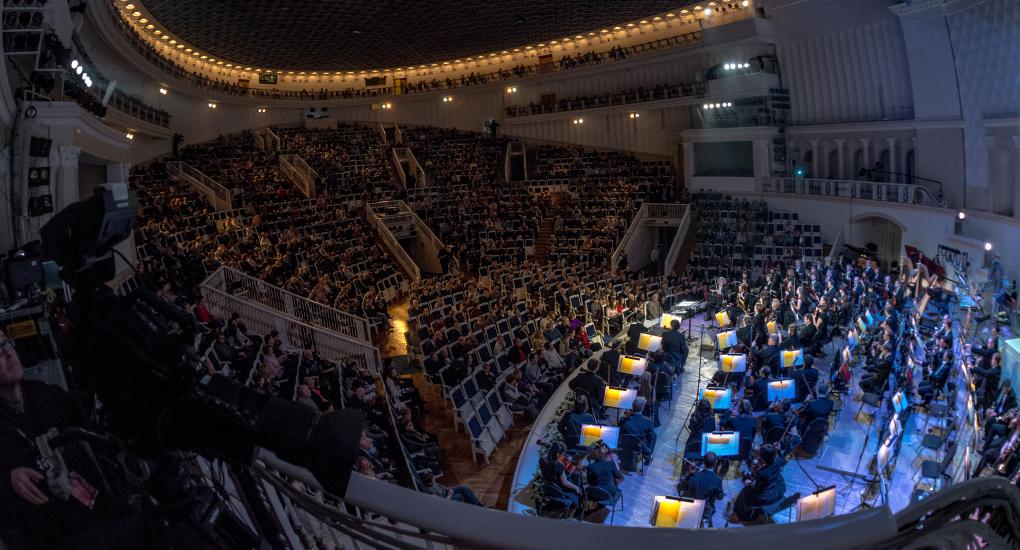
Paul Meecham, the quiet-spoken British president of the Baltimore Symphony is out, after ten years of uphill struggle. Baltimore, as we reported recently, is a city spiralling into decline.
The orchestra has its centenary coming up next year but cannot raise enough cash to put on an extravagant celebration. It may be that Paul is paying the price for matters beyond his control.
He has, however, a jot to go to. It’s the Utah Symphony.
Warmer than Baltimore. Less pressure. We will him well.
Paul said today: ‘If you had asked me a year ago if I would leave Baltimore, I would have said, ‘Are you out of your mind,’ but these Utah people are very, quietly persuasive… It’s an intriguing prospect…
‘I first said, ‘No, thank you,’ but as I started to talk with them more it started to coalesce. The Utah Symphony is an orchestra definitely on the rise. And I am intrigued by the combination of orchestra and opera, an art form I’ve always loved.’
